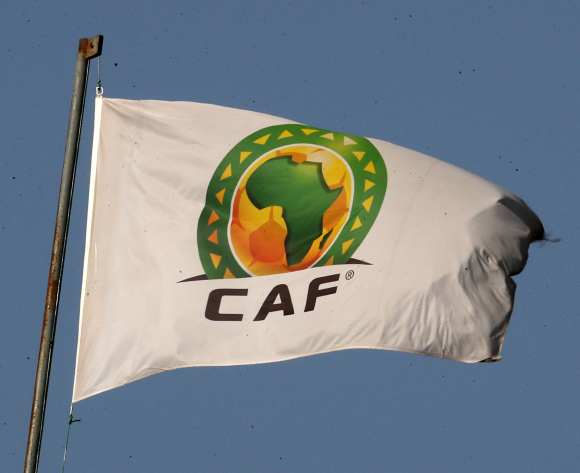The Confederation of African Football (CAF) has given both the Nigerian Football Federation (NFF) and the Libyan Football Federation (LFF) until Sunday, 20 October 2024, to submit formal explanations regarding the recent cancellation of their Africa Cup of Nations (AFCON) qualifier.
The match, scheduled to take place in Benghazi on 15 October, was called off after the Nigerian national team refused to play, following an unexpected diversion of their plane to Labraq Airport.
The Nigerian delegation was reportedly held at the airport for 18 hours without food, water, or internet access, prompting the team to boycott the fixture.
In a statement to Libya’s Al-Ahrar Channel, Nasser Al-Suwaie, Secretary General of the LFF, confirmed that CAF had set the deadline for both federations to submit their reports on the incident.
Al-Suwaie stated that the LFF had already appointed legal representation to gather evidence in preparation for their submission and raised concerns about potential interference from within CAF.
“We have concerns about possible collusion from some parties within CAF,” Al-Suwaie said, while maintaining that the LFF had no control over the decision to redirect the Nigerian plane.
The decision to divert the plane to Labraq Airport was made by the Libyan state, not the LFF.”
The controversy has escalated tensions between the two nations, with both sides accusing the other of mistreatment during the two-legged qualifier.
Nigerian authorities have expressed outrage over the conditions their team faced in Libya, while the Libyan national team lodged complaints of their own after allegedly experiencing hostile treatment during their 1-0 loss to Nigeria in Uyo on 11 October.
Former Nigerian international Harrison Jalla weighed in on the dispute, calling on the African Union (AU) to intervene.
He emphasised that Libya should be held accountable for their actions, citing evidence of “hostilities” toward other African nationals.
“The African Union must call Libya to order,” Jalla told The Guardian.
There is documented evidence to show Libya’s hostilities toward nationals of other African countries.”
However, Jalla acknowledged that the matter was complex, urging patience while CAF makes its decision.
Let us wait for CAF’s decision because the Libyan national team also have complaints of maltreatment against Nigeria when they came for the first leg in Uyo.”
As the deadline looms, the outcome of the investigation could have significant implications for both nations.
Nigeria currently leads Group D with seven points from three matches, while Libya sits at the bottom of the table with just one point from their three fixtures.
Benin (six points) and Rwanda (five points) occupy second and third positions, respectively.
The situation remains tense, and both federations will now await CAF’s ruling, which could shape the remaining path of their AFCON qualification campaign.












